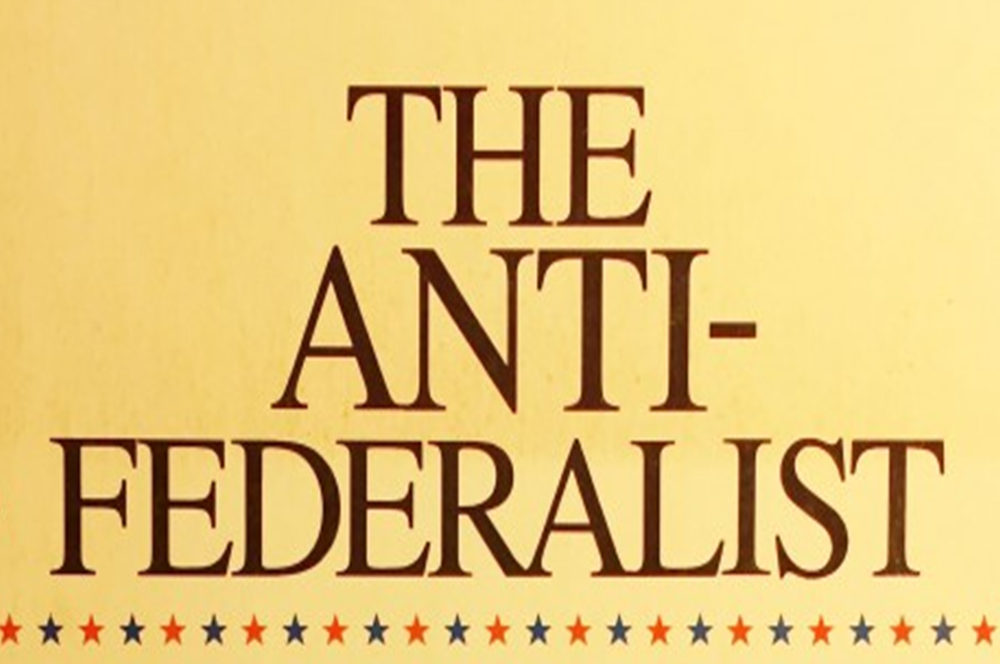By Jose Bayani Baylon
IN May of 1983 I had the privilege of visiting the Federal Republic of Germany upon the invitation of the Konrad Adenauer Stiftung as the 21-year old news editor of the Philippine Collegian, UP’s student organ. I was with Jesse John Gimenez, then chair of the UP Student Council; Marlon Cruz, president of the Inter-Frat Council also of UP, and Raymond Co from DLSU.
Of the four of us, Raymond was the apolitical one, so much so that he gave in to jet lag — the only time Raymond truly perked up was when we visited the headquarters of Mercedes Benz in Stuttgart — in a lot of the political discussions and briefings that we got from the three major political parties of West Germany at that time.
Yes, West Germany - because in 1983 the country was still divided into two and we had to fly over borders just to get from West Germany into West Berlin, and then cross into East Berlin at the (in)famous Checkpoint Charlie.
I had the privilege not only of peering over the Berlin Wall but of crossing it. It remains one of the most memorable events of my life.
As early as 1983 the Germans were keen in introducing not only democracy but also federalism to us. “Introducing”, because you must remember that in May of 1983 the Philippines was still firmly In the grip of the Marcos administration and the assassination of opposition leader Ninoy Aquino Jr. was still an unimaginable idea. This is why in briefings conducted by political officers of the Christian Democrats (our hosts), the Christian Socialists (their partners in Bavaria), the Free Democrats (the CSU’s coalition partner at the Federal level in Bonn) and the Social Democrats (the opposition), Federalism as well as Constitutionalism were key principles that were common in all.
As early as 1983 I had been asking myself - would the Philippines be a much more progressive country under a Federal structure?
The usual argument in favor of going Federal is that it will give the various regions the power and the flexibility to determine their future for themselves. They would have primary responsibility for key areas of their communities - health, education, housing, transportation, some rules on trade and commerce, etc, - while limiting national matters like national defense, currency and foreign policy to the central or national government.
Critical in achieving this would be the ability to have control over resources as well as finances - which is the usual “weapon” used by a centralized government in matters of command and control. Now these would be left in the hands of the people of the regions who would be better placed to decide how best to use them. Goodby to directives from the national capital region!
The flexibility given to the regions will then allow them to soar, not bogged down by Imperial Manila or constrained by less dynamic neighbors. Any disparity in development would be the outlook of the central government which would be empowered to intervene when necessary - but the best and most dynamic regions could run as fast and as hard with the ball as they can and benefit all those in their area.
All these sound good to the ear and in places like Germany, Malaysia and even the United States can be seen being achieved in different variations. But whether they will be good for the Philippines is a point I still need to be convinced on.
You see, Germany, Malaysia and even the United States has strong local “communities”, kingdoms or even states on which a federal system could be — and was - built. The various German Lander or the Malaysian States were in existence long before the national entity was created. They had identities of their own - and strong ones - long before they were constitutionally marshalled Into a bigger entity.
No such foundation for a federal system existed in the Philippines.
And I am concerned that going Federal will only strengthen the network of political dynasties that remain a reality in Philippine electoral politics. Imagine the “ruling families” now with greater access to resources? It’s like asking Count Dracula and his children to manage the Red Cross Blood Bank.
So there. Thirty-four years after I first was introduced to - and was intrigued by the thought of - a federal system of government for the Philippines, I remain unsure, doubtful even that changing forms or structures of government - especially in this manner - is what needs to be done.
Methinks it remains a problem of individual and collective character, a question of family and clan first over community.
And that I fear will simply be made worse if we go Federal.
